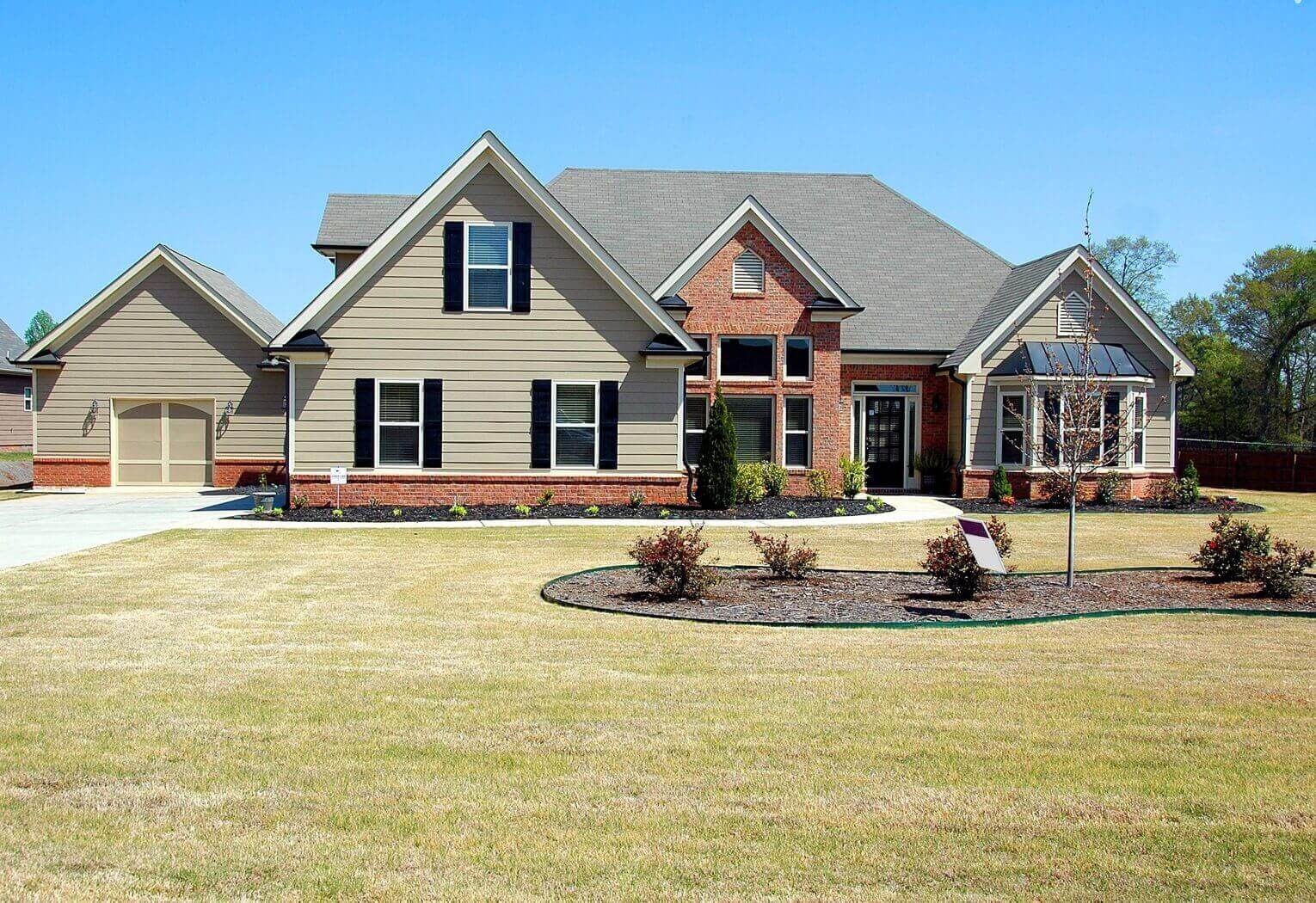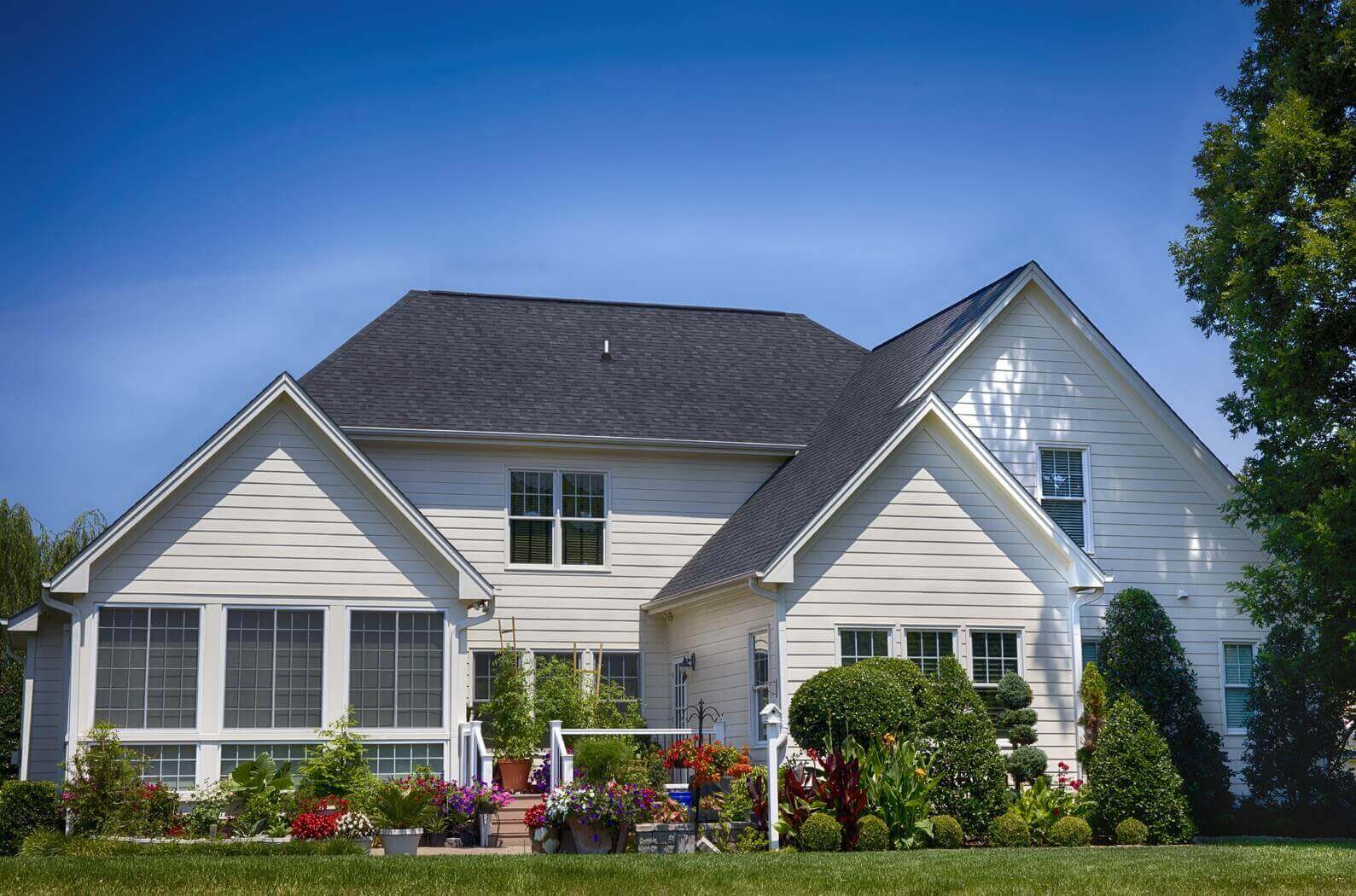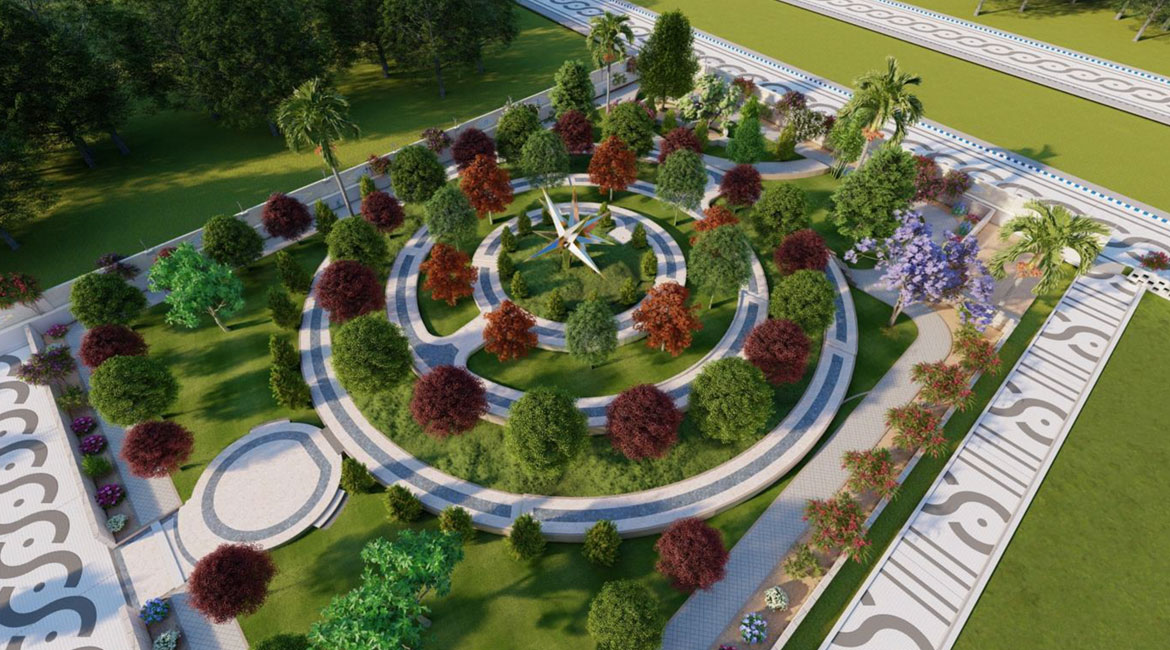A Complete Guide to Jaipur Packers and Movers
Widely known as the “Pink City,” Jaipur is one of India’s most captivating and culturally diverse destinations. Founded in November 1727 by Maharaja Sawai Jai Singh II, the city proudly bears his name. Located in northern India, Jaipur is the capital and the largest city of Rajasthan. It is especially admired for its distinctive architecture, thoughtfully planned according to Indian Vastu Shastra—a traditional system designed to bring prosperity and well-being.
Maharaja Jai Singh II meticulously designed Jaipur in alignment with Hindu architectural principles, making it one of the earliest planned cities in India. Over the years, Jaipur’s economy has flourished, with tourism playing a major role in its growth. The city is home to a wide range of businesses, from small enterprises to large-scale industries. Jaipur is also a prominent exporter of diamond, gold, and gemstone jewelry, making a significant mark in the Asian market.
Why You Need Packers and Movers in Jaipur
Relocating from one city to another can be emotionally and physically demanding. Packers and movers in Jaipur provide professional moving services to ease this transition, allowing you to focus on other important tasks. Here are some key benefits of hiring packers and movers in Jaipur:
- Convenient door-to-door pickup and delivery
- Guaranteed safety and care for your belongings
- Use of high-quality packaging materials
- Significantly reduced workload
- Efficient loading, transportation, and unloading
- Transit insurance for added protection
- Faster process with a skilled team
Packers and Movers Rates in Jaipur
The cost of moving services in Jaipur varies depending on the size of your home and the volume of goods. Here’s a general breakdown:
- 1BHK move: ₹2,500 – ₹5,000 (for limited items), ₹6,000 – ₹10,000 (for full household items)
- 2BHK / 3BHK move: ₹3,100 – ₹21,000
- 4BHK move: ₹8,000 – ₹26,000
Keep in mind that delicate items such as glassware, ivory, or crystal may attract additional handling and shipping charges.
Given the vast number of moving companies and varying price structures in Jaipur, choosing the right logistics provider can be challenging. However, understanding average moving costs in advance can help you make informed decisions, ensure safe relocation, and avoid overpaying.
What is a Villa? A Complete Guide to Luxurious Living (2025)
Are you planning to buy a villa but find yourself confused between a villa, house, townhouse, bungalow, and other residential types? You’re not alone—and we’re here to clear things up for you. In this guide, we’ll give you a comprehensive overview of what a villa is and how it differs from other home types. Let’s dive in and help you make an informed decision for your next property purchase.
What Is a Villa?
A villa is a luxurious and spacious residence, often featuring a private garden and outdoor patio. Typically owned by affluent families, villas are designed with a wide range of modern amenities to offer comfort, elegance, and an elevated living experience. They usually feature high ceilings, open layouts, landscaped outdoor spaces, and state-of-the-art security systems.
Located in serene and private settings, villas provide an ideal escape from the hustle and bustle of urban life. Living in a villa not only offers peace and privacy but also enhances the owner’s lifestyle and social prestige.
What Makes a Villa Unique?
Villas can be customized in various architectural styles to meet the specific preferences of their owners. Over time, villas have become synonymous with luxury living. Here are some key characteristics that set them apart:
- Private & Peaceful Locations
Villas are typically located away from crowded city centers—often in scenic environments like coastal areas, mountain regions, or tranquil countryside—offering residents a peaceful and private lifestyle.
- Spacious Interiors
One of the defining features of a villa is its generous space. High ceilings, large living areas, and floor-to-ceiling windows create an open and airy ambiance. Floor plans and furniture layouts are designed to enhance movement and comfort.
- Modern Amenities
Villas are equipped with a wide range of upscale features such as fully-equipped kitchens, wooden flooring, smart home technology, modern bathrooms, private pools, spa rooms, fitness centers, golf courses, and automated security systems.
- Ample Outdoor Space
Expansive balconies, patios, and well-maintained gardens are signature features of villas. These areas are often beautifully furnished, allowing residents to unwind and enjoy the surrounding nature—whether it’s reading a book in the garden or entertaining guests outdoors.
- Premium Construction Materials
Villas are constructed using high-quality materials like marble, sandstone, and rare wood types. Kitchens and interiors are fitted with advanced appliances and designer fixtures to ensure luxury and functionality.
- Distinct Architectural Styles
The design of a villa often reflects its geographical location. Climate, available materials, and local culture influence its style. Some popular villa architectural styles include Mediterranean, Tuscan, Balinese, minimalist, modern, tropical, and traditional.
Whether you’re seeking a peaceful retreat or a lavish lifestyle, a villa offers the perfect blend of comfort, elegance, and privacy. Understanding what sets a villa apart from other residential options can help you make a confident and rewarding investment in your dream home.
Unveiling Opportunities: A Comprehensive Insight into Jaipur’s Housing Market Trends
Jaipur, the capital of Rajasthan and a prominent Tier-2 city in northern India, is fast becoming a major residential destination. Celebrated for its rich cultural legacy and international tourism appeal, the city’s real estate sector has experienced remarkable growth. This upward trend is fueled by Jaipur’s strategic position as a regional economic hub and its excellent connectivity, especially through its international airport. As economic dynamics evolve, homebuyer preferences have shifted toward multi-story apartments over traditional low-rise homes. Modern features such as swimming pools, clubhouses, and other lifestyle amenities have become must-haves in the city’s rapidly modernizing housing landscape.
Key Drivers of Growth
Once primarily dependent on tourism and manufacturing, Jaipur’s economy has undergone a significant transformation with the rise of a robust services sector. A prime example is the 3,000-acre Mahindra World City Special Economic Zone (SEZ), which has attracted several multinational corporations. With nearly 2,000 registered startups, Jaipur is outpacing other Tier-2 cities like the Chandigarh Tri-City area and Lucknow, solidifying its reputation as an emerging economic hotspot.
Recent trends, including reverse migration post-pandemic and an influx of skilled professionals in the services sector, have reshaped Jaipur’s demographic profile. Currently, around 70% of the city’s population is within the working-age bracket, which has fueled rapid residential development—particularly in the western corridor along NH 48. This region, known for its strong infrastructure and proximity to the international airport, has become a top choice for homebuyers.
Popular Residential Hotspots
Established premium localities like Mansarovar and Vaishali Nagar continue to command high property values. However, emerging neighborhoods such as Jagatpura (near the airport) and the newly developed extensions of Mansarovar and Vaishali Nagar offer more affordable alternatives with similar connectivity and amenities. In some pockets, increasing demand has driven property prices up by as much as 15%.
These areas are especially appealing to both individuals and families due to their affordability, well-planned infrastructure, strong connectivity, and access to lifestyle-centric community living.
Outlook
Jaipur’s real estate market is poised for sustained growth, particularly in the city’s western and southern zones. Residential development is expected to intensify along Ajmer Road, Tonk Road (near the airport), and the western regions along NH 48. As global companies continue to invest in Jaipur’s expanding service sector, the city’s economic profile will strengthen further, attracting skilled talent and promoting long-term residential demand. With Jaipur’s population projected to exceed 5 million by 2030, its real estate sector will remain dynamic and full of opportunity.
Documents Required for a Home Loan Application
Still Unsure About Taking a Home Loan? Here’s What You Need to Know About the Documentation.
Thinking about buying a home but hesitant about taking a loan? In today’s real estate landscape, opting for a home loan is not just practical—it’s a smart financial decision. That’s why we’ve created this blog to walk you through the reasons home loans are a wise choice, and more importantly, what documents you’ll need to apply for one.
While selecting a suitable home loan is your first step, understanding the documentation process is equally critical. Financial institutions require specific documents to verify your eligibility and repayment capacity, helping protect both your and the lender’s interests. Fortunately, the documentation process is relatively straightforward, and most lenders ask for just a few key items:
1. Proof of Identity
You’ll need to submit valid government-issued identification. Commonly accepted documents include:
- Aadhaar Card (preferred)
- Passport
- Driver’s License
- PAN Card
- Voter ID
2. Proof of Address
In many cases, your identity document will also serve as address proof. If not, you can submit:
- Electricity bill
- Landline or postpaid mobile bill
- Gas connection bill
- Rental agreement (if applicable)
3. Property Documents
These are essential for verifying ownership and legality. Most lenders ask for:
- Sale deed or stamped sale agreement
- Allotment letter (if applicable)
- No Objection Certificate (NOC) from the builder or housing society
- Occupancy certificate
- Payment receipts to the builder or seller
4. Proof of Income
Lenders need assurance that you can repay the loan. Required documents vary based on your employment status:
For salaried individuals:
- Latest salary slips
- Form 16
- Bank account statements (last 6 months)
For self-employed individuals:
- Business income tax returns
- Bank statements
- Profit & loss account
- Audited balance sheets
5. Business Documents (for Self-Employed Applicants)
If you run your own business, you’ll need to submit documents establishing its legitimacy, such as:
- Business PAN card
- GST registration certificate
- Business profile
- Trade license
- Partnership deed (if applicable)
- Income tax returns for the business
Final Note
Remember, every lender has a slightly different checklist. Some may request all of these documents, while others might ask for only a few. In some cases—such as a low credit score or unusual financial profile—additional paperwork may be required.
Understanding these document requirements in advance will streamline your application process and help you secure your dream home with confidence.





